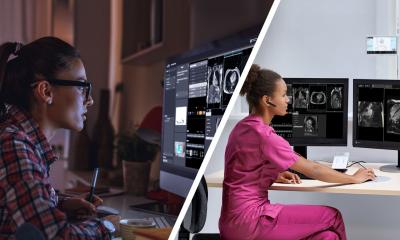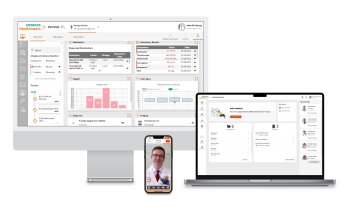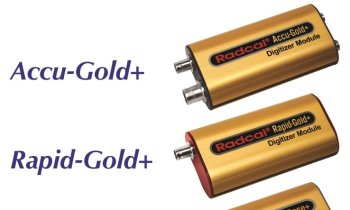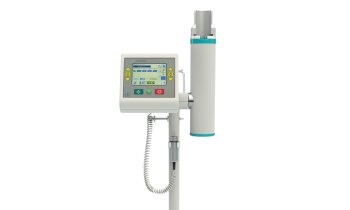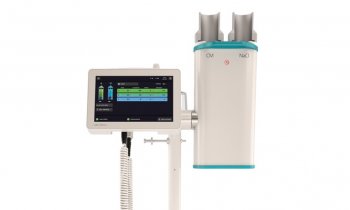Web-based technology to improve diagnostic standardisation
WiseCase (Web Interacting Standardisation in Expert Classification Agreement by Statistical Evaluation), is a web-based technology resulting from a collaboration between Percepton (Denmark) and Netalize (Israel).

Jan Meyrowitsch, CEO of both organisations, explained that WiseCase was developed because of considerable needs for initiatives to implement objective quality indicators as well as consistent, objective and systematic safety audits of proficient imaging interpreters in diagnostic imaging. ‘It’s a generic knowledge container solution that, among other things, can be used as a classification simulator for standardisation and education in using visual classification terminologies, by the use of quality indicators and learning strategies, to globally analyse and train human skills to visually classify image information via networking internet users.’
Following a 1995 project to develop an artificial visual classification to catalogue normal and abnormal human sperm cells, the need became clear, he said, for quality systems to analyse, improve and document human intellectual skills in visually classifying image information.
The project, involving 14 institutions from seven countries, attracted EU funding of 980,000 euros, as well as funds from national institutes and private investors (Copenhagen Amts Hospital and Aalborg University, Denmark; the Academisch Ziekenhuis, Rotterdam; Institut Gustave-Roussy, France; The European Organisation for Research and Treatment of Cancer, Brussels; The Mathilda and Terence Kennedy Institute of Rheumatology, London, and Karolinska Hospital, Stockholm).
Since the first visual classification course involving WiseCase began in 2006 the system has developed further. Networking Experts participate in WiseCase conferences and collaboratively build and maintain image libraries, elaborate on criteria to classify image objects and patterns and report and evaluate results.
As Percepton (www.percepton.
com) sells subscriptions on container services, providers of the knowledge content will not only be able to market and sell their expertise, but also provide online tele-consultancy.
01.07.2009



